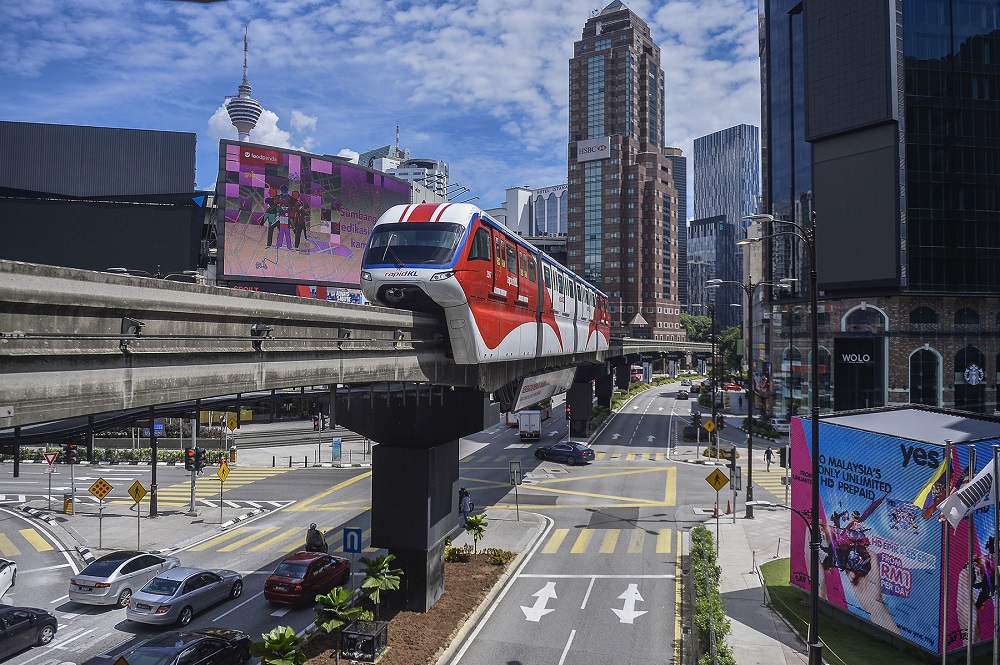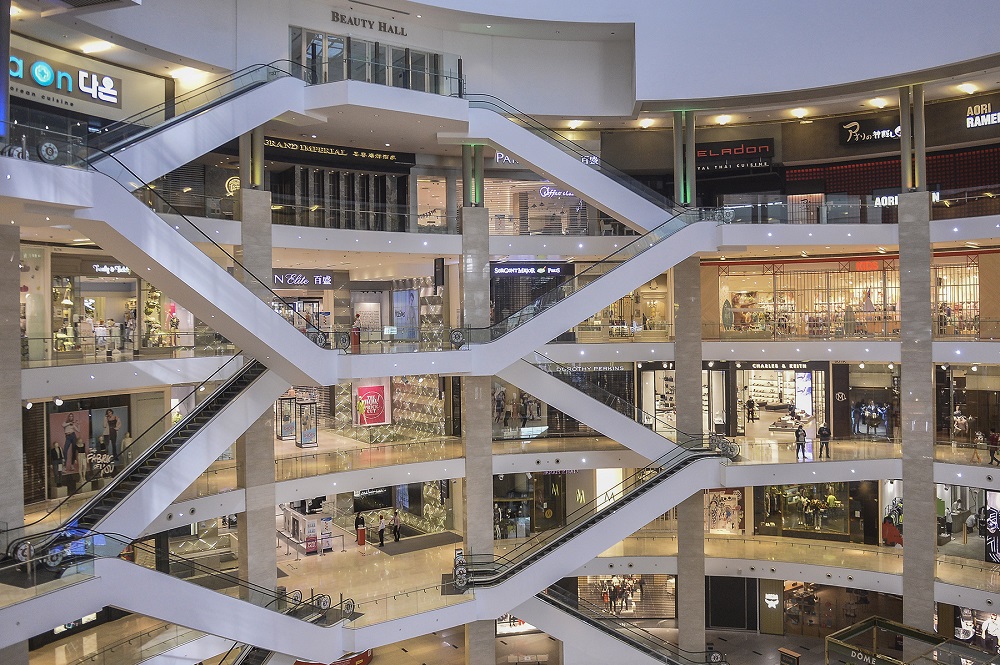KUALA LUMPUR, May 4 — Staff at two of the capital city’s most popular malls returned to work today feeling relieved that Covid-19 has yet to claim their jobs.
Still, most do so feeling unsure which of these two poses more threat — getting the boot or infected.
“I’m honestly split,” said Farhana Syazwani, 34, a sales staff at luxury clothing Polo Ralph Lauren in Pavilion Bukit Bintang.
“I’m happy to get back to work, but I’m also a bit scared for my health.”
A sense of trepidation pervades a majority of workers in non-essential businesses now reopening again, after having shut down for over a month as health authorities’ impose movement restrictions to curb the spread of SARS-CoV-2, the virus that causes Covid-19.
A large number of them work in retail, among sectors most hit by the pandemic. On the first day of the conditional movement control order (CMCO), retailers have rushed to lift the shutters in a desperate bid to earn again, having lost up to six weeks of potential revenue.
Yet consumers appear to hold the same fear that grips retail staff. At Pavilion Bukit Bintang, a luxury mall that houses some of the world’s poshest brands, only a handful of patrons were seen up to lunch time.
But business owners said they anticipate the crowd size to build up slowly through the week. In fact, about a third of them remained closed, either because premises are being disinfected or are being rearranged so the number of customers could be limited and kept at least a metre apart.
“I think it’s (reopening) rushed a bit,” said a staff member at Nike’s flagship store, who requested not to be named.
“Right now, we still need to clean up and disinfect. Then we have to clean up and rearrange the store so customers can be kept at the required distances.
“I think the earliest we can open is Wednesday.”
But south of the Nike store, competitors were already opened for business. Popular UK-based sneaker shop JD Sports and New Balance had their shops open as early as 10am.
At JD Sports, a 5,000 square foot premise, entrances were cordoned off and partitions were erected to form a single lane leading into the store.
Just before the entrance, a table with a guest list form, a bottle of hand sanitiser and a security guard await to check patrons’ temperature before they are to be allowed in. But as of noon, barely anyone was seen at the store.

Meanwhile restaurants, bars and cafes dotting the mall’s outdoor sidewalk were mostly open, but with less than a handful of patrons dining in even by lunch time. But for some of these food and beverage operators, whose business has been decimated by the MCO, any customers is good business.
“We are just glad that we can open our doors again,” said Jaspal, a waiter at the Cafe de Paris.
“I was beginning to worry that I might lose my job.”
But with social distancing to remain in force under the CMCO, restaurants and eateries are unlikely to see sales return to pre-crisis level.
Under the federal public health guidelines, operators are required to curb the number of customers dining in. So far, all food and beverage premises have shown compliance.
Cafe de Paris, for example, limits the number of customers at just one per table. Across it, La Bodega, a popular Spanish-inspired tapas bistro, allows only three seats per table.
On the floor, staff left cellophane tape markings to ensure people lining up do so at a safe distance.
“Even if there are large crowds, we are doing our best to comply with the SOPs set by the government,” a staff member at La Bodega told Malay Mail.




















